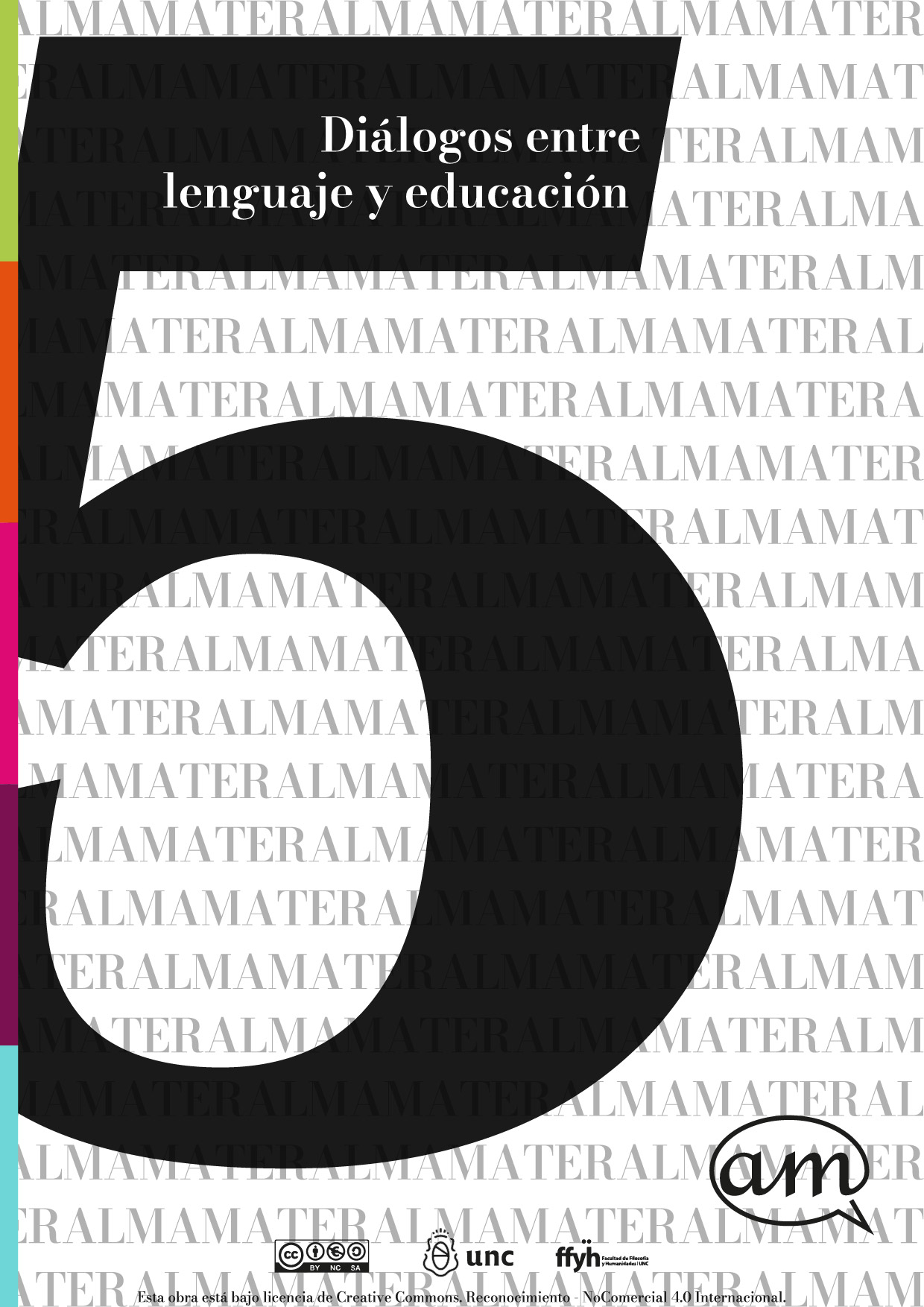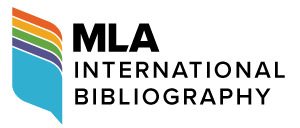Linguistics and Ideology: Language Teaching Over Time
Keywords:
education, glottopolitics, ideology, Spanish Language, linguistic variationAbstract
This paper takes a look at the teaching of literacy in the first years of schooling within the framework of three generational periods: the 1950s-70s, the early years of the 21st century, and the post-COVID-19 pandemic. Thus, school textbooks and class notebooks used in two particular localities are analyzed: Hernando, province of Córdoba and Aimogasta, province of La Rioja, as well as interviews with teachers. Based on the aforementioned sources, the analysis is carried out on the way in which teaching strategies and tools have been modified, and how the ideologies and viewpoints that are perpetuated by the dominant power group in each era are reflected in the learning content. This is presented in dialogue with the notions of glottopolitics, linguistic ideology, normativity, among others. Finally, the role played by linguistic variation in each of these moments according to the current paradigm is also observed.

Downloads
Published
Issue
Section
License
Copyright (c) 2023 Abril Torres Vassallo, Esperanza del Valle Gerez

This work is licensed under a Creative Commons Attribution-NonCommercial 4.0 International License.
Los textos están protegidos por una Licencia Creative Commons Atribución/Reconocimiento-NoComercial 4.0 Licencia Pública Internacional — CC BY-NC 4.0. Dicha licencia autoriza a a terceros utilizar lo publicado, siempre que se otorgue el adecuado reconocimiento; se mencione la autoría del trabajo y la publicación en la revista Alma Máter y no se haga uso del material con propósitos comerciales.





